Sarah Copland

Truth and Reconciliation and Narrative Ethics, Form, and Politics
In December 2016, my mother told me she was introducing Joseph Boyden’s novella Wenjack to her library book club in January. Her contribution was timely because Wenjack was published that fall as part of a multi-media reconciliation project: responding to the 2015 Report of the Truth and Reconciliation Commission of Canada and commemorating the 50-year anniversary of the death of Chanie Wenjack, an Indigenous boy who died while escaping a residential school. But presenting Wenjack had suddenly become deeply problematic, as allegations that Boyden’s Indigenous identity claims were fraudulent emerged in Canadian media on December 23rd.
My work on Wenjack began as a self-education initiative, reading Indigenous writers’ commentary on the Boyden controversy, and sharing my learning with my mother so she could present the novella responsibly. I thought my work on the novella ended there, but in 2018, an Anthropology colleague asked me to give a lecture on literature and the arts to her Canadian Indigenous Issues class, so I began serious scholarly inquiry into the 2016 multi-media reconciliation project, Wenjack, and allegations about Boyden’s fraudulent identity claims.
My broader research into writers making fraudulent identity claims left me with this question: when authors are accused of unethical behaviour in writing, publishing, or promoting their work, why do neither their apologists nor their critics ever really engage with the ethics of the works themselves? Apologists tend to assert that the unethical behaviour has no bearing on the work or should be overlooked if the work is “important” or “good.” (The fact that many such apologists are white and commenting on unethical behaviour pertaining to BIPOC identity claims should make us seriously question who gets to decide what is “important” and “good.”) Critics (understandably) tend to focus on the real-world ramifications of the unethical behaviour, because the ramifications are substantial, because the critics are often not literary scholars, and because the publication venues are often not conducive to literary criticism. If critics mention the texts at all, they tend to offer compelling assessments that the characters and events depicted are stereotypical, offensive, and responsible for perpetuating real-world racism or injustice.
But what if I, a narrative theorist with some expertise in narrative ethics, were to examine the ethics of Wenjack itself? In my article, I analyze the ethics of the characters’ actions and relationships, the ethics of the narrators’ relation to the characters, the ethics of the author’s relation to the characters, narrators, and readers, and readers’ ethical responses to all these ethical positions. I take an a posteriori approach. At no point do I apply my own or some ostensibly universal ethical standard to my analysis of the ethics in and of Wenjack. Instead, I attend to the text’s own ethical frameworks, how incompatible they are, and how this incompatibility ultimately undermines the text’s narrative technique, aesthetic achievement, and political work. My narrative ethics approach complements the work of other writers who have drawn attention to the real-world ramifications of Boyden’s Indigenous identity claims and to the stereotypical representation of Indigenous peoples in his oeuvre. I’ve been working on the politics of form for years, but this is the first time I’ve explicitly tied the politics of form to the ethics of form. I hope you’ll find I’ve offered a valuable form-specific contribution to urgent conversations about the intersection of literature, literary criticism, and reconciliation.
